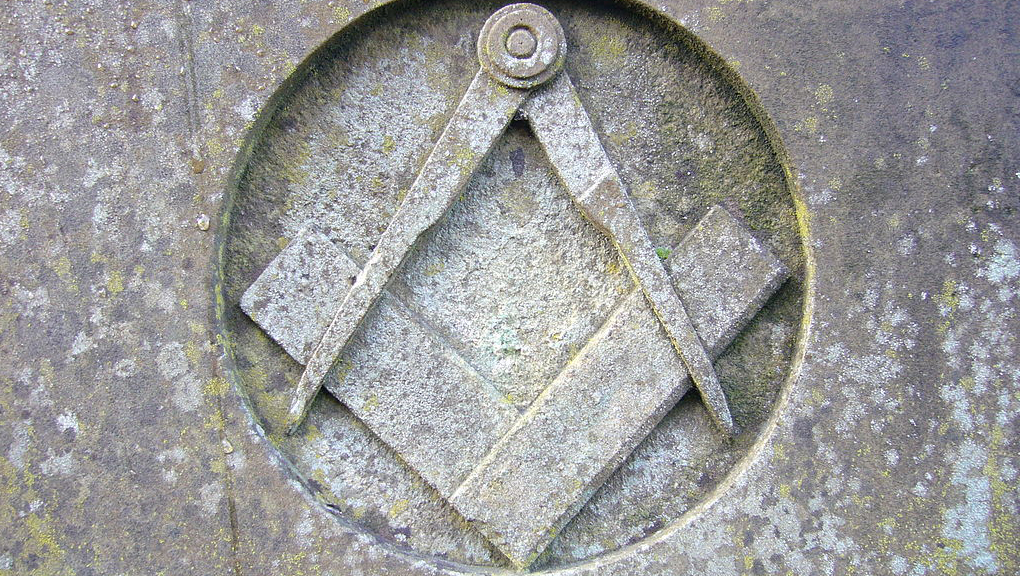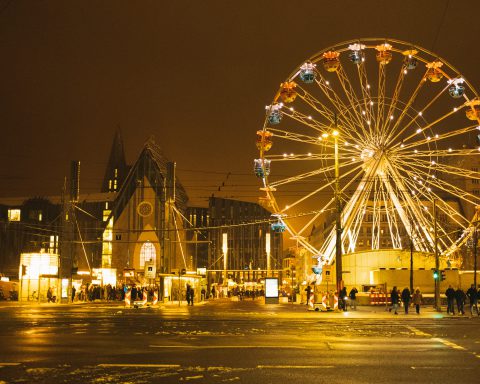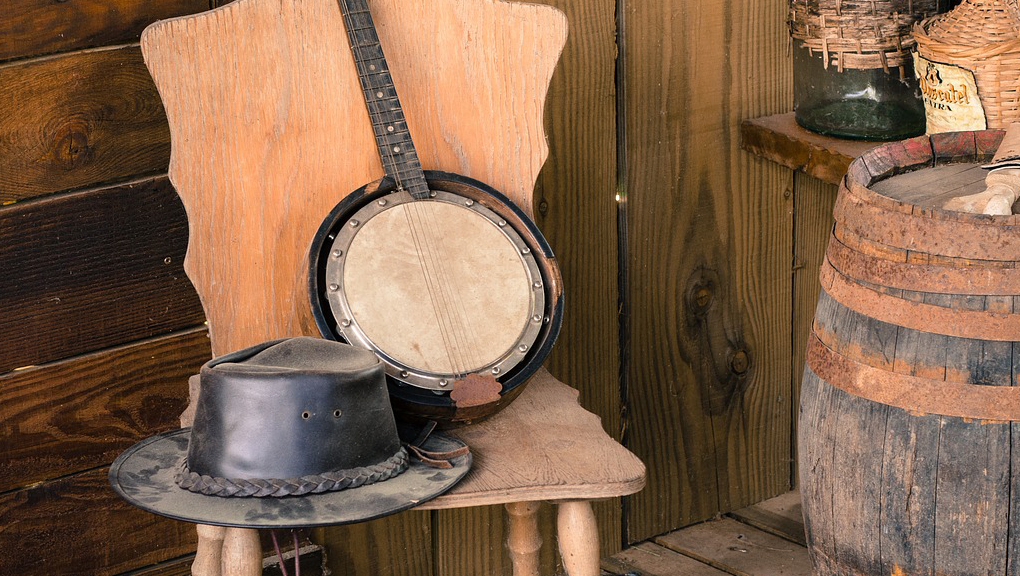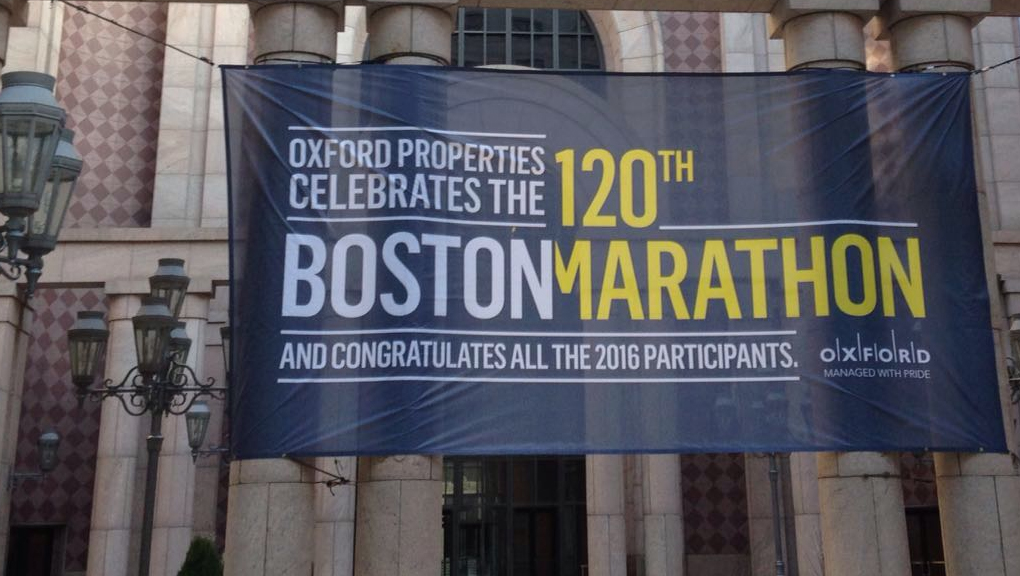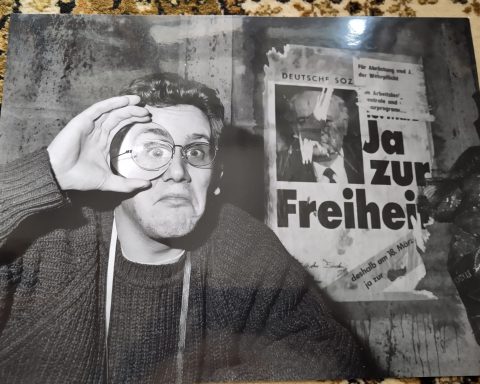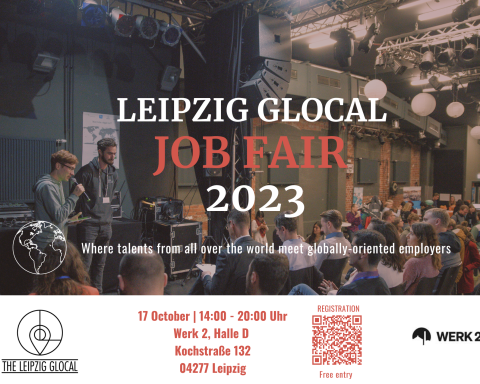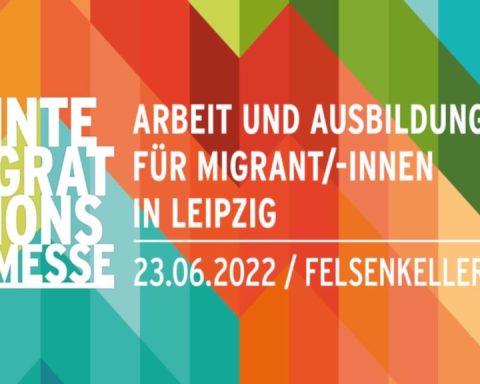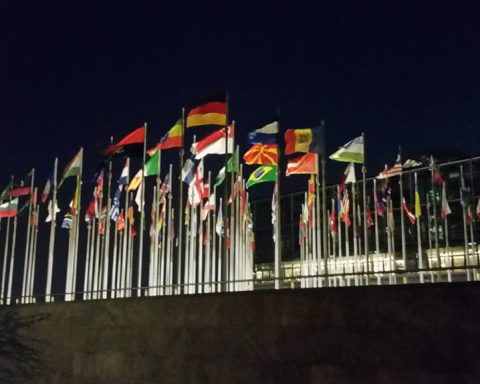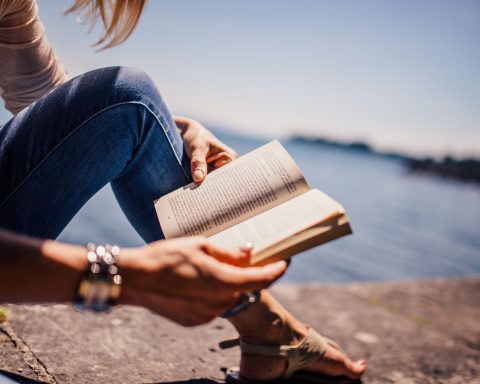Having a dog who needs three walks a day I always thought that I knew my neighbourhood pretty well. However, the other day I stumbled across a building that carried an image known as Square and Compass on its façade: the most widely recognised symbol of Freemasonry. Like most of you I had heard a lot about masonic conspiracies and their supposed quest for world power. This made me wonder whether it was possible to talk to an actual Freemason. After a few interview requests I was swiftly contacted by Bastian Sallier, the head of a local publishing company. Mr Sallier is also the Senior Warden of the Leipzig-based lodge ‘Minerva at the Three Palm Trees’ (Minerva zu den drei Palmen), so he is more or less the lodge’s vice president. The interview took place 7 April.
Harald: Mr Salier, how did you become a freemason?
Bastian Salier: Actually my grandfather was a Freemason, so I am following the family tradition. When I was a child we had some plates that were decorated with the symbols of the local masonic lodge, so sometimes we would discuss Freemasonry in my family, although this wasn’t always an easy thing in the GDR. My grandfather’s lodge had some links to the Leipzig-based lodge ‘Minerva’, so when I moved to Leipzig in 1995 for my studies, I got in touch with the lodge and was invited to an open event. Most lodges host these kinds of events pretty regularly. I was given the opportunity to give a presentation on my grandfather’s lodge, and eventually I was invited to become a member. Now I’ve been a member for 17 years. There are three degrees of Freemasonry: apprentice, journeyman and master mason. Most Freemasons become masters after about three years, so I am a master mason. I am also a member of the Scottish Rite, which possesses 33 degrees. I have reached the 32nd degree. As you walk through these degrees, you find out more and more about masonic symbolism and rituals.
HK: What’s the goal in being a Freemason?
BS: Freemasons view the human being as a rough ashlar. When you become a freemason, you will learn methods for turning your own rough ashlar into a perfect stone, although this ultimate goal probably can’t be reached. Each ashlar then becomes a part of the so-called Temple of Humanity, which represents freedom, brotherhood and tolerance. You work on improving yourself and on finding your place in society.
HK: There seem to be a lot of symbols here… What is the role of symbolism in Freemasonry?
BS: Yes, you’re right, symbols play a huge role in freemasonry. Freemasonry originated from stonemasons’ associations. These stonemasons constructed the great gothic cathedrals of the medieval period. When no more cathedrals were built, freemasonry opened up to people who weren’t actually craftsmen. As you probably know, today’s freemasons are not stonemasons. Nevertheless, the tools and instruments these stonemasons used survive in our symbols.
HK: What do you think fascinates people about Freemasonry?
BS: Freemasonry possesses a mystical and secretive aura. Lots of people have probably read a Dan Brown novel. They don’t really know what kind of people they are dealing with here – are they good or bad? Is there a global conspiracy? There are also people who are just plain curious. But once you do some research you’ll notice that we’re no secret society. Sure, we are rather discrete about a few things, but freemasonry is mainly about providing the individual with a roadmap for life. The kinds of things that aren’t public concern primarily our rituals, but if you want you can find most of them online. No, our discretion is about mutual trust. Freemasons have always been involved with charitable work, but as opposed to other organisations we try not to praise ourselves.
HK: Sorry to ask, but is there a link between Freemasonry and the Knights Templar?
BS: We share some of the Templars’ symbolism, but there is no proven historical continuity between freemasonry and the Knights Templar. In fact, we also use symbols from the Ancient Egyptians, Judaism or Christianity – the Knights Templar don’t really stand out here.
What do Goethe, Mozart und George Washington have in common? They were all Freemasons.
HK: Are there female Freemasons?
BS: There are, but most lodges allow only members of one particular sex to join, although there are mixed lodges. There is actually a mixed lodge in Leipzig. I have to admit that this is quite a contentious issue, as feminine lodges are not universally recognized. Nevertheless, on a personal level there is a spirit of brotherhood and sisterhood.
HK: What’s your stance on religion and politics? Do Freemasons seek to convert others?
BS: There is no masonic mission. We have Christians, Jews, Muslims and members of all religions among our ranks. That is quite amazing actually, because as a freemason you get to meet people that you wouldn’t normally engage with. Also, when you visit a place where you don’t speak the language, you will immediately feel welcome in the local lodge. There are masonic lodges all over the world in every major city, except in totalitarian states. We may not share the same language, but we share the same symbols, which become pretty much our lingua franca. Any freemason will be able to identify themselves as a mason using particular handshakes and passwords. By the way, arguments about politics and religion are actually forbidden among ourselves. You can of course discuss things, but you shouldn’t ever tell a brother what’s right and wrong. That’s up to them to find out.
HK: Do you have an agenda?
BS: Not really, although we have five basic principles: liberty, equality, fraternity, tolerance and humanity. That pretty much sums up our agenda. Every freemason has to implement these principles on their own personal quest.
HK: Is there a hierarchy among Freemasons?
BS: Yes, but this hierarchy exists primarily on an organizational level. In Germany each masonic lodge is organized as a non-profit, so by default there is some kind of administrative hierarchy. Also, the Grand Master can carry out particular rituals, but generally all brothers in a lodge are equal.
HK: Would you describe Freemasonry in Leipzig as elitist?
BS: That is a difficult question to answer. The word ‘elite’ carries a very negative meaning. I would not call us an elite in terms of our societal or financial position. Nevertheless, it is rare to find a group with members that are as keenly aware of their own selves and that is as deeply concerned with values. As such, you may want to call us an elite.

HK: Are there masonic buildings in Leipzig?
BS: There are a few, although the central masonic lodge building next to Leipzig’s city hall was destroyed in World War II. The men who built the Völkerschlachtdenkmal were Freemasons and the buildings’ interior in particular contains masonic symbols. There are a couple of other such buildings, but unfortunately most of them have been lost.
HK: Mr Salier, thank you so much for your time!

